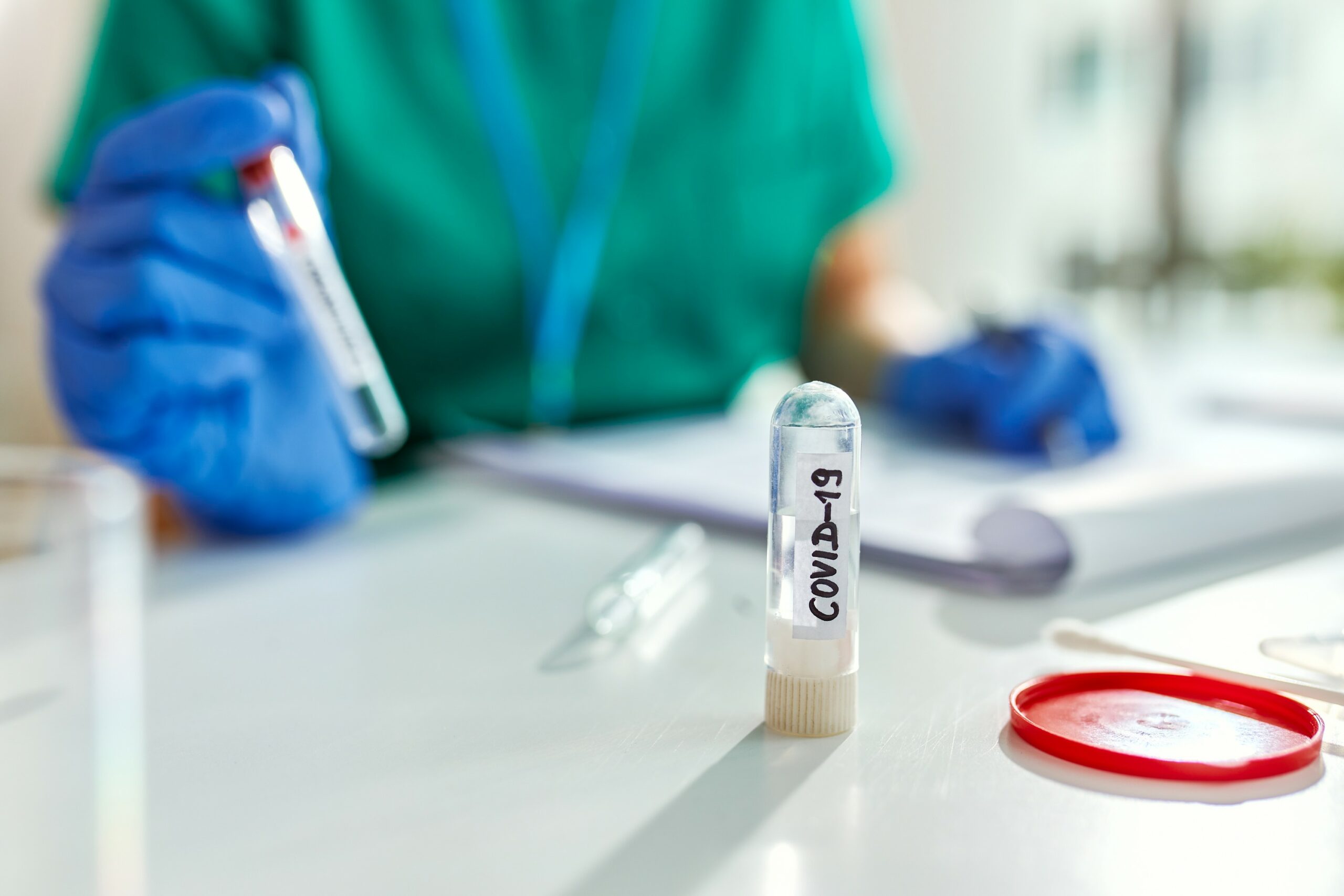New COVID Variant JN.1: Symptoms, Precautions, Vaccine Efficacy

The continued evolution of COVID-19 has led to the emergence of a new variant dubbed JN.1. This new strain possesses concerning mutations that demand close monitoring. In this post, we’ll cover the current knowledge on JN.1, including common symptoms, transmission risks, and how well vaccines protect against infection.
Background on the JN.1 Variant
JN.1 descends from the BA.2 Omicron subvariant, making it part of the Omicron variant family tree. However, genetic sequencing has revealed that JN.1 contains over ten unique spike protein mutations not found in BA.2. This combination of deletions, substitutions, and insertions indicates that JN.1 has substantially mutated from its BA.2 ancestor.
The variant has now been detected in at least 17 other countries. The global spread of JN.1 cases implies evidence of community transmission. Experts are working quickly to gauge the new variant’s level of infectiousness and vaccine evasion capabilities.
Common Symptoms of JN.1 Infection
Thus far, symptoms caused by JN.1 mimic what we’ve seen with previous COVID strains. Common indicators of infection include:
- Fever or chills
- Cough
- Fatigue and body aches
- Sore throat
- Runny nose
- Loss of taste or smell
These symptoms align with Omicron and Delta variant infections. Mild headache, nausea, and diarrhea may also occur in some JN.1 cases. Monitoring for these signs of illness and seeking COVID testing in Farmington Hills, MI, at the first suspicion of infection remains vital.
How Contagious is the JN.1 Variant?
Early epidemiological data suggests JN.1 may be the most transmissible form of Omicron detected yet. This extreme contagiousness mirrors the Alpha and Delta surges. Like all coronavirus strains, JN.1 spreads through respiratory droplets expelled while coughing, sneezing, shouting, or singing. Transmission readily occurs in indoor spaces, especially among household members.
Vaccine Effectiveness Against JN.1
Pfizer, Moderna, and J&J vaccines still provide substantial protection against JN.1 infection. However, the degree of immune evasion is still under investigation. Receiving at least one booster shot restores waning immunity significantly. But vaccination plus a booster may prevent less than 50% of symptomatic JN.1 cases. This is likely due to the high level of mutations in the variant’s spike protein. Continued research will clarify the JN.1 vaccine efficacy.
Precautions We Must Take Now
While concerning, data on JN.1 remains preliminary. Renewed vigilance and protective actions give us the best chance to control transmission. Here are steps all individuals should take amidst this new variant threat:
- Masking indoors and in crowded spaces
- Improving indoor ventilation in homes and businesses
- Avoiding contact with symptomatic individuals
- Getting tested promptly when any symptoms emerge
- Following isolation guidance if testing positive
- Staying up to date on vaccinations, including bivalent boosters
Continued adherence to public health guidance remains our strongest weapon against emerging COVID variants like JN.1. While virus evolution continues, our behavior changes, and vaccines can counter each new threat.
Key Takeaways on the JN.1 Variant
This new iteration of COVID-19 warrants close tracking by scientists and public health officials. Early research indicates that JN.1 is highly transmissible and capable of evading immune defenses. However, symptoms appear consistent with previous variants.
Steadfast masking, testing, vaccination, and isolation practices offer our best protection. Heeding expert guidance and getting rapid COVID testing in Farmington Hills, MI, from Garden City Urgent Cares when sick can help us meet this latest viral challenge.
